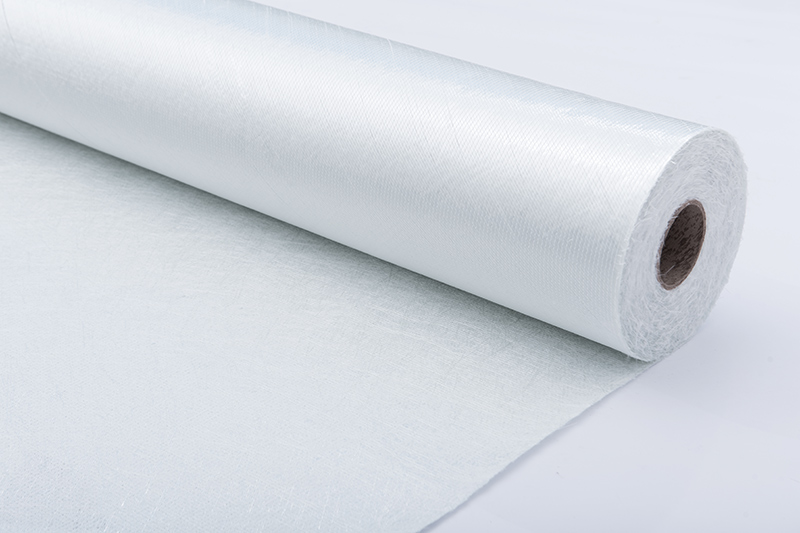By Lauren Wingo | Updated May 11, 2023 4:09 PM
We may earn revenue from the products available on this page and participate in affiliate programs. Fiberglass Cloth Material

A: The essential function of an air filter is to clean air that passes through a home’s heating and cooling system. Air filters are made out of spun fiberglass, paper, or cloth enclosed in a cardboard frame and are usually located within the air vents of a home. Homeowners may forget to change the HVAC filters for months at a time, which can cause a buildup of dust, debris, and allergens. This buildup can cause maintenance problems over time.
Additionally, neglecting to replace the air filter accordingly can cause a homeowner’s energy bill to increase as the clogged filters cause the system to work harder when circulating the air. A typical manufacturer recommends replacing the air filters every 30 to 90 days; however, this depends on the filter’s lifespan and other environmental factors within the home.
Different types of furnace or AC filters have varying specifications on when they should be replaced. Fiberglass filters have a lower price point; however, they will need to be replaced more often (usually every 30 days). Pleated air filters are more expensive than fiberglass filters with higher quality materials. These filters can last anywhere from 3 to 6 months, depending on various factors.
The fewer occupants there are in a house, the fewer contaminants and debris build up there will be in its air filters. For example, a family of four will have to change their air filters more often than a single individual’s home. An air filter’s lifespan also depends on the size of the house as larger homes circulate more air through the air filters. Air filters in smaller homes don’t need to be changed as often as those in larger homes.
The air quality within the home will also determine how often to replace air filters. If an occupant smokes, replacing the air filter frequently can increase the quality of air within the home. Additionally, the quality of the air outdoors determines when to replace the filters. As outdoor dust or pollution increases, there’s a greater need to replace the air filters indoors on a more regular basis.
An air filter manufacturer will usually explain how often to replace the air filter on its installation instructions. Some manufacturers recommend replacing air filters every 30 to 60 or 90 days, depending on the type of air filter. If there’s ever a question, the resident can call a professional or the air filter manufacturer to determine the lifespan of the specific filter their system uses. A professional will be able to assist if there’s a particular protocol for changing a specific brand’s air filter or how often to change an air filter.
Air filters assist in clearing the air in a heating and air conditioning system by removing unwanted debris. Excess contaminants can build up in the filter and cause a release of dust and dander if not changed regularly. This may cause certain household members to react with a runny nose, itchy eyes, sneezing, and other allergic reactions. Poor air circulation can also cause an increased risk of asthma attacks. If someone in the household suffers from severe allergies, it’s recommended to change the air filters very frequently; in some cases, every 2 weeks. For milder to moderate allergies, residents will want to try to replace the air filters every 30 days.
Having a pet can also decrease the time between air filter changes. Pet hair and dirt tracked in from outside can further clog the filters and block airflow. This accumulation of debris can change how often to replace the air filters. It’s advised for homeowners or renters to change the filters every 60 days for one pet and every 20 to 45 days for multiple pets.
During allergy season, air filters can work overtime to clear out the allergens, dust, and other debris circulating through the heating and cooling system. At this time, it’s recommended to replace the air filters with quality replacements that can filter out common allergens, including pollen. This is especially true if homeowners begin to notice particles floating in the air that subsequently cause allergic reactions. Replacing the filters regularly can keep homeowners and their families healthy through efficient air circulation.
Home renovations can cause a buildup of excess dust and debris that clog air filters. After a renovation, such as a project involving drywall, there may be pieces of drywall, dirt, and dust collected in the air ducts, thus restricting airflow through the air filters. A good rule of thumb is if there’s a need to vacuum more often from debris on the floor, it’s safe to say that this debris is also going into the air filters. Homeowners will want to consider replacing the air filters after a heavy home renovation to keep the air clear and lower the chances of costly maintenance repairs later on.
Numerous contaminants and debris, including excess dust, can cause the air filters to clog and reduce the air circulation throughout the home. As the system works to counteract the effects of this excess dust and debris, it can work overtime, producing an increased energy bill.
These are all signs that it’s time to change the air filters in the home. However, they can also indicate that something is malfunctioning in the HVAC system. If the homeowner has changed their air filter and is still noticing these problems, it’s wise to call in a professional to help address the root issue.
Articles may contain affiliate links which enable us to share in the revenue of any purchases made.
Registration on or use of this site constitutes acceptance of our Terms of Service.

Fiberglass Matting Roll © 2023 Recurrent. All rights reserved.